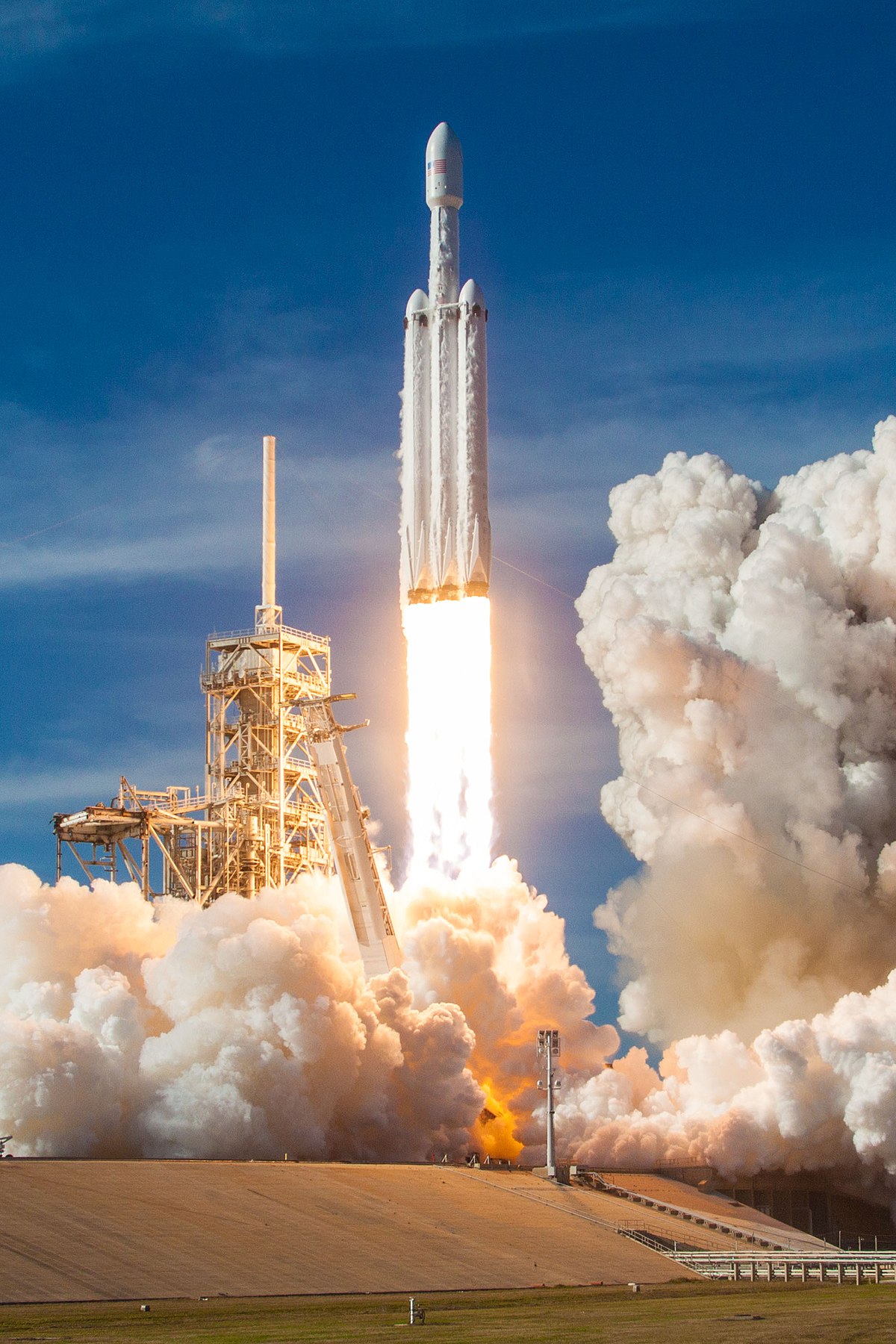I'm currently learning and trying to discover the next generation of great Space companies. It takes someone like Elon proving it is possible, before people will believe it. But once that's done there will be a lot of followers. We've seen several competitors of SpaceX including Relativity and Rocket Lab.
So here I want to highlight whatever has me turned on and see what others think. I'm a born optimist, with a background in Physics, Electronics, Software and Entrepreneurship, but I don't have a lot of space experience.
I've launched companies, but nothing larger than an Estess model rocket. (Size D engines!)
So, for this edition, here's new companies to me:
Impulse Space.
 Tom Mueller's leading this company that is in the "LEO Tug" category, eg: last mile delivery for your payload and I think they will be de-orbiting or boosting orbit as a service. I think support and life extension for old sats is a great opportunity (not a lot of them in LEO, but I don't think they will be limited to LEO very long.
Tom Mueller's leading this company that is in the "LEO Tug" category, eg: last mile delivery for your payload and I think they will be de-orbiting or boosting orbit as a service. I think support and life extension for old sats is a great opportunity (not a lot of them in LEO, but I don't think they will be limited to LEO very long.
They're also working on a mars landing with Relativity. This really feels like a candidate to be "the next SpaceX". (Anyone got shares to sell?)
Next up, another company with an early SpaceX vibe is:
Stoke Space
 The walkthrough with everyday astronaut was pretty mind blowing. I look forward to their upcoming tests, definitely an "excitement guaranteed" moment.
The walkthrough with everyday astronaut was pretty mind blowing. I look forward to their upcoming tests, definitely an "excitement guaranteed" moment.
This is the startup that launched my discussion with bxr140, resulting in this epic description of sat costs here: Mar 29, 2023
K2 Space
They believe they can spend mass to bring down the cost of satellite hardware.

 www.k2space.com
www.k2space.com
In Orbit
Mass manufacturing.

The amazing thing is there seems to be an unlimited stream of new space startups! But these are the ones that caught my attention recently.
So here I want to highlight whatever has me turned on and see what others think. I'm a born optimist, with a background in Physics, Electronics, Software and Entrepreneurship, but I don't have a lot of space experience.
I've launched companies, but nothing larger than an Estess model rocket. (Size D engines!)
So, for this edition, here's new companies to me:
Impulse Space.

They're also working on a mars landing with Relativity. This really feels like a candidate to be "the next SpaceX". (Anyone got shares to sell?)
Next up, another company with an early SpaceX vibe is:
Stoke Space

This is the startup that launched my discussion with bxr140, resulting in this epic description of sat costs here: Mar 29, 2023
K2 Space
They believe they can spend mass to bring down the cost of satellite hardware.

K2 Space | Developing large satellites for a post-Starship future
By breaking the historic correlation between mass and cost, the K2 Space satellite bus offers the capabilities of large satellites at the price point of small satellites. A multi-orbit spacecraft for use across commercial, scientific and defense missions.
In Orbit
Mass manufacturing.

The amazing thing is there seems to be an unlimited stream of new space startups! But these are the ones that caught my attention recently.




